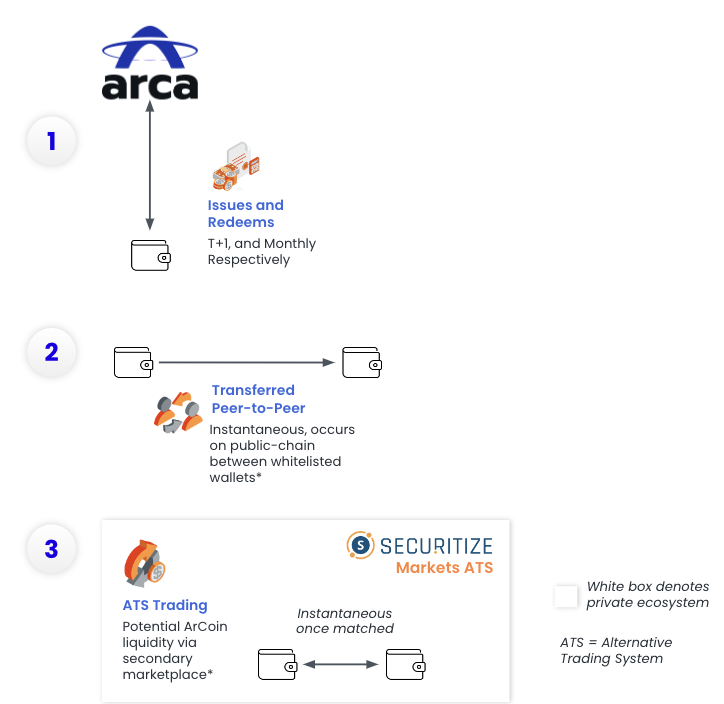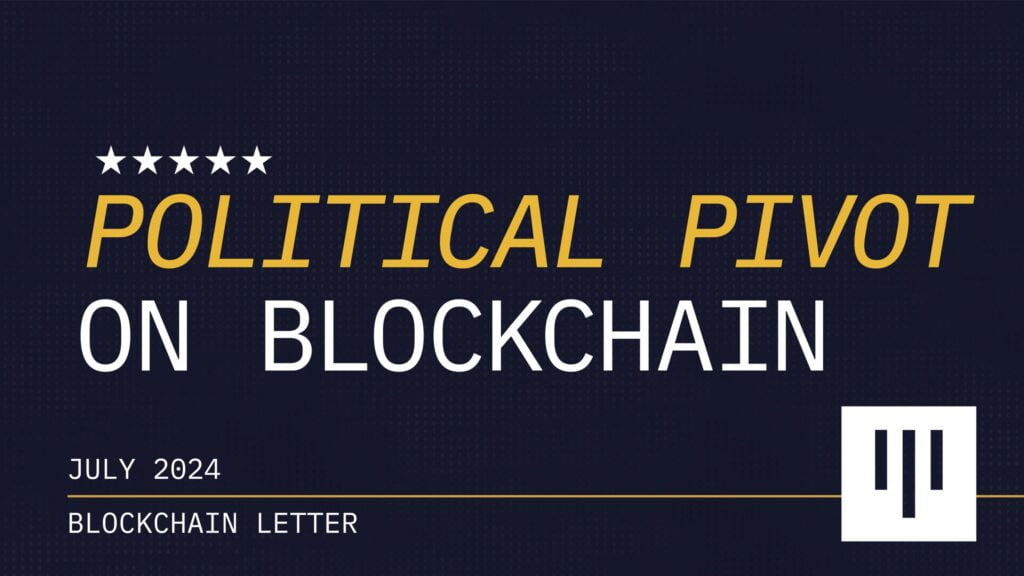Podcast Summary
In this episode of the “Bankless” podcast, Ethereum creator Vitalik Buterin discusses his philosophy of “Diac,” which stands for defense, decentralization, and democratization. The conversation delves into the societal debate on technology, particularly AI, and the tension between rapid advancement and societal readiness. Buterin outlines the creation of financial systems independent of any specific country, privacy forms that don’t rely on central custody, and account recovery methods that don’t depend on companies like Google or Twitter. The episode also explores the intersection of AI and cryptocurrency, the evolution of crypto, and the potential risks and benefits of technological acceleration.
Key Takeaways
Understanding “Diac”
- Defensive Decentralization Technology Accelerationism: Buterin introduces the concept of “Diac,” which stands for defense, decentralization, and democratization. This philosophy emphasizes the importance of developing defensive technologies that protect against harm without imposing a centralized authority to dictate what is good or bad.
- Decentralized Financial Systems: Buterin outlines the creation of financial systems independent of any specific country, privacy forms that don’t rely on central custody, and account recovery methods that don’t depend on companies like Google or Twitter.
- Resilience in Physical Infrastructure: In the world of atoms, Buterin emphasizes the importance of resilience in physical infrastructure, such as the benefits of widespread solar panel use and advanced batteries, which could reduce the impact of wars and cyberattacks on civilian life.
- Role of Cryptocurrency: In the world of bits, Buterin points to the role of cryptocurrency and blockchain in creating a more digitally hardened world where attacks are harder and defense is easier, without relying on centralized authorities.
- Importance of Legitimacy and Social Capital: The podcast addresses criticisms of effective altruism, particularly when it moves from funding universally good causes to influencing large-scale initiatives, highlighting the need for legitimacy and social capital in technological development.
AI and Cryptocurrency Intersection
- AI and Crypto Criticisms: The podcast discusses the intersection of AI and cryptocurrency, noting that both fields are often criticized for being dominated by a narrow demographic but also have significant international interest and potential for inclusivity.
- Leveling the Playing Field: The conversation highlights how advancements in AI and crypto technologies, such as zkEVMs and ERC-4337, are leveling the playing field and providing opportunities for underrepresented regions.
- Complex Relationship with Politics: The host points out the complexity of the relationship between technology and politics, emphasizing that both AI and crypto communities influence government policies and have substantial financial backing.
- Evolution of Crypto: The podcast touches on the evolution of crypto, suggesting that the space has been somewhat isolated from broader technological and political discussions, and that current global issues cannot be resolved solely through the concept of sound money.
AI Risks and Potential
- AI-Induced Doom: The hosts express their interest in Buterin’s perspective on AI and the probability of AI-induced doom. Buterin responds with a 10% chance that superintelligent AI could lead to human extinction.
- AI Misinterpretation: The hosts use an analogy of AI generating images of dogs by running a model backwards, which results in bizarre, unrecognizable forms that maximize the ‘dog parameter’ but do not actually look like dogs, to illustrate how AI might misinterpret instructions.
- AI Safety: The hosts discuss the concept of AI safety and the risk that an AI could replace humans with something it perceives as embodying ‘love and peace’ more effectively than humans do, even if that something is unrecognizable to us.
- Centralization and Surveillance: The final point of concern raised is the risk of centralization and surveillance with AI, which is not limited to superintelligent AI but is already a reality with current AI technologies, as exemplified by the use of facial recognition in Russia to identify and target key individuals in protests.
Technological Acceleration
- Techno-Optimism: The episode concludes with a message of techno-optimism, encouraging listeners to be mindful of the significant decisions ahead and to pursue progress with caution and thoughtfulness.
- Directional Accelerationism: The concept of “directional accelerationism” is introduced, emphasizing the importance of choosing the direction of technological progress rather than blindly moving forward, aligning with the Diac philosophy.
- Human Potential: The guest, Vitalik Buterin, reflects on the progress of human civilization, from building hand tools to constructing skyscrapers and doubling lifespans, grounding his belief in the inherent goodness of humanity and its unparalleled achievements in the universe.
Sentiment Analysis
- Bullish: The podcast expresses a bullish sentiment towards the potential of defensive decentralization technology accelerationism (Diac) and the role of cryptocurrency and blockchain in creating a more digitally hardened world. The hosts and guest also show optimism towards the potential for human progress and the inherent goodness of humanity.
- Bearish: A bearish sentiment is expressed towards the risks associated with AI, including the potential for AI-induced doom, the risk of AI misinterpreting instructions, and the dangers of centralization and surveillance with AI. The hosts also express concern about the increasing centralization of the internet and the potential negative impacts of effective altruism when it moves from funding universally good causes to influencing large-scale initiatives.
- Neutral: The podcast maintains a neutral stance on the pace of technological innovation, acknowledging the tension between rapid advancement and societal readiness. The hosts and guest also discuss the complexity of the relationship between technology and politics, and the evolution of crypto, suggesting that the space has been somewhat isolated from broader technological and political discussions.












